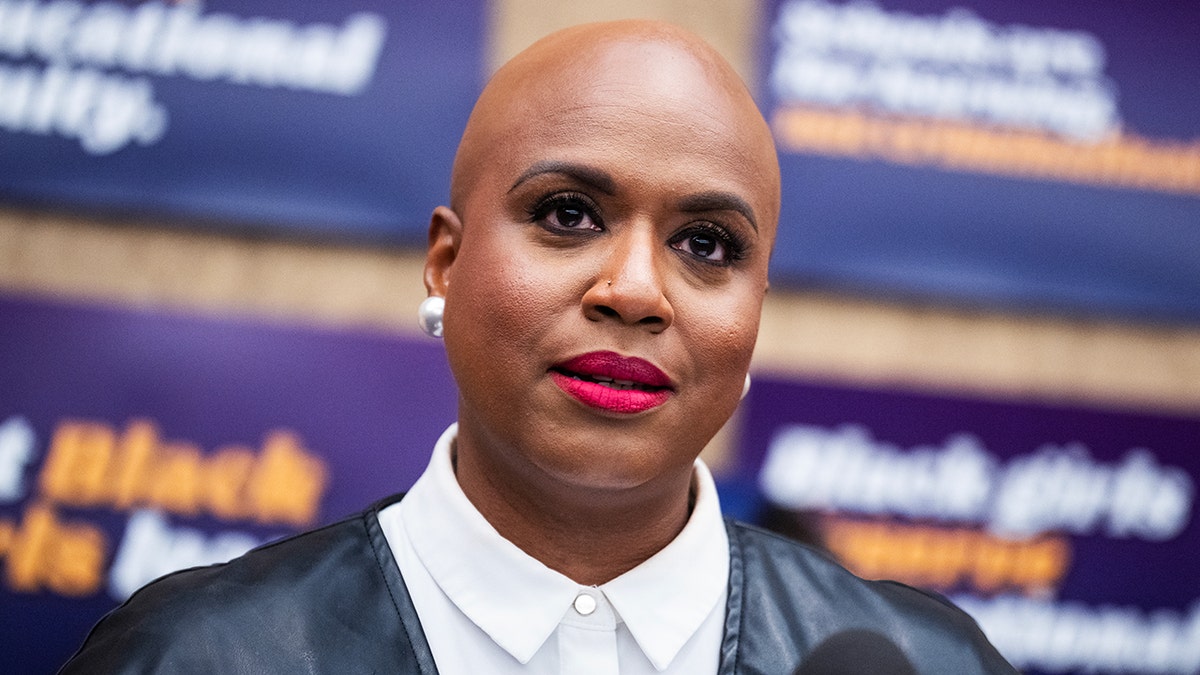Members of the House of Representatives have revived a bill designed to investigate the possibility of providing reparations to Black Americans whose ancestors were enslaved. Congresswoman Ayanna Pressley (D-MA) and Senator Cory Booker (D-NJ) are leading the effort to reintroduce H.R.40, also known as the Commission to Study and Develop Reparation Proposals for African Americans Act.
At a press conference, Rep. Pressley emphasized the importance of reparations as a crucial component of achieving justice, particularly in the current climate. She stated that reparations are a necessary step and that she and her colleagues are committed to pursuing racial justice.

The proposed legislation seeks to establish a dedicated federal commission. This commission would be tasked with examining the lasting consequences of slavery and its continuing impact on American society. It would also be responsible for formulating specific reparation proposals for descendants of enslaved African Americans.
While the concept of reparations can encompass various forms of redress, it generally refers to financial compensation or other restorative measures offered to descendants of those impacted by slavery and historical discriminatory practices.
Several Democratic politicians in states like California have recently brought up the idea of reparations as a means of addressing the legacy of racist policies. These policies are seen as contributing to disparities affecting Black communities in areas such as housing, education, and healthcare.
This renewed push for reparations at the federal level follows attempts in California to pass similar legislation, which ultimately stalled. Other states and municipalities have also explored various reparation proposals.

Senator Booker, in a statement accompanying the bill's reintroduction, highlighted the nation's need to fully confront the historical realities of slavery, racism, and white supremacy, and their continuing impact on African Americans. He believes that a comprehensive study is necessary to identify where the country has fallen short and to inform lawmakers on how to effectively address persistent racial disparities and inequalities.








